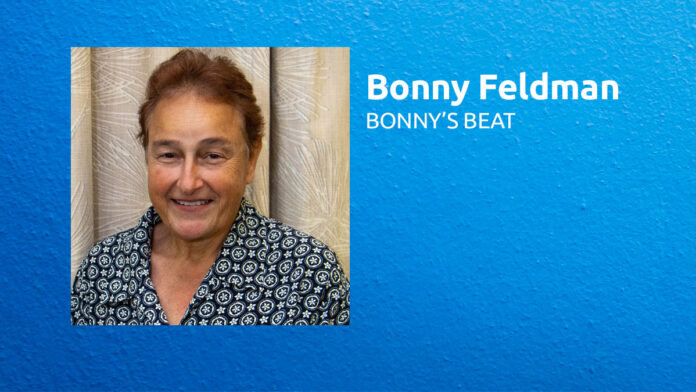For most of us, our identity is fairly clear and uncomplicated: I’m a South African Jew.
But there are others who have an uncomfortable or complex relationship with their identity. I recently read two books authored by children of German and Austrian Jewish refugees who escaped Europe in the late 1930s to England and the USA. And these people’s identities
are not clear-cut.
Ironically, despite the Nazi era in these countries – the discrimination and violence perpetrated against Jewish citizens, the loss of jobs and businesses, the theft of the families’ assets, the fear – the victims themselves and subsequent generations still demonstrate fondness for their original home country. They still speak the German language; still play the music of German composers and read German/Austrian literature; and still exhibit the typical character traits of those countries, like punctuality.
This situation creates an ambiguity in one’s identity. One of the writers explains that – although he was born in England after the War and educated there, and despite becoming very much an English middle class person following the Christian faith – he didn’t quite fit in as being English. He talks about being English when he stepped out of the family home but being decidedly German the minute he stepped back in. And this duality of identity has not been comfortable for him – who is he really?
Although I grew up with one Lithuanian-born parent, I did not experience that sort of ambiguity in my identity. Lithuania seemed to belong to other generations, but certainly not to mine. There was no sign of Lithuanian culture in our household: no traditional food eaten; no harkening after Lithuanian culture. If anything, my feeling towards Lithuania was one of hatred because my father suffered so much at the hands of his Lithuanian compatriots both before and after the outbreak of War.
I wonder if the difference relates to the level of assimilation into the wider society. In Germany and Austria, Jews were fully integrated into society; and held leading positions in the professions, industry and even government. Their Jewishness ran second to their German or Austrian identity. The same was not true of the Jews of Lithuania, who were, I think, always the ‘outsiders’.
Now that I’ve pondered over this question, allow me to draw your attention to what we focus on in this month’s issue of the Chronicle.
You’ll see that we share information about some leading women from Cape Town – in recognition of Women’s Day this month. We also highlight the strength of the Israeli women whose children have been taken hostage. And, as regards special days, you’ll also read about activities for Mandela Day. There’s lots more too!
• Read the August 2024 issue in magazine format here.
• To advertise in the Cape Jewish Chronicle and on this website – kindly contact Lynette Roodt on 021 464 6736 or email advertising@ctjc.co.za. For more information and advertising rate card click here.
• Sign up for our newsletter and never miss another issue.
• Please support the Cape Jewish Chronicle with a voluntary Subscription for 2024. For payment info click here.
• Visit our Portal to the Jewish Community to see a list of all the Jewish organisations in Cape Town with links to their websites.
Follow the Cape Jewish Chronicle: Facebook | Instagram | LinkedIn






